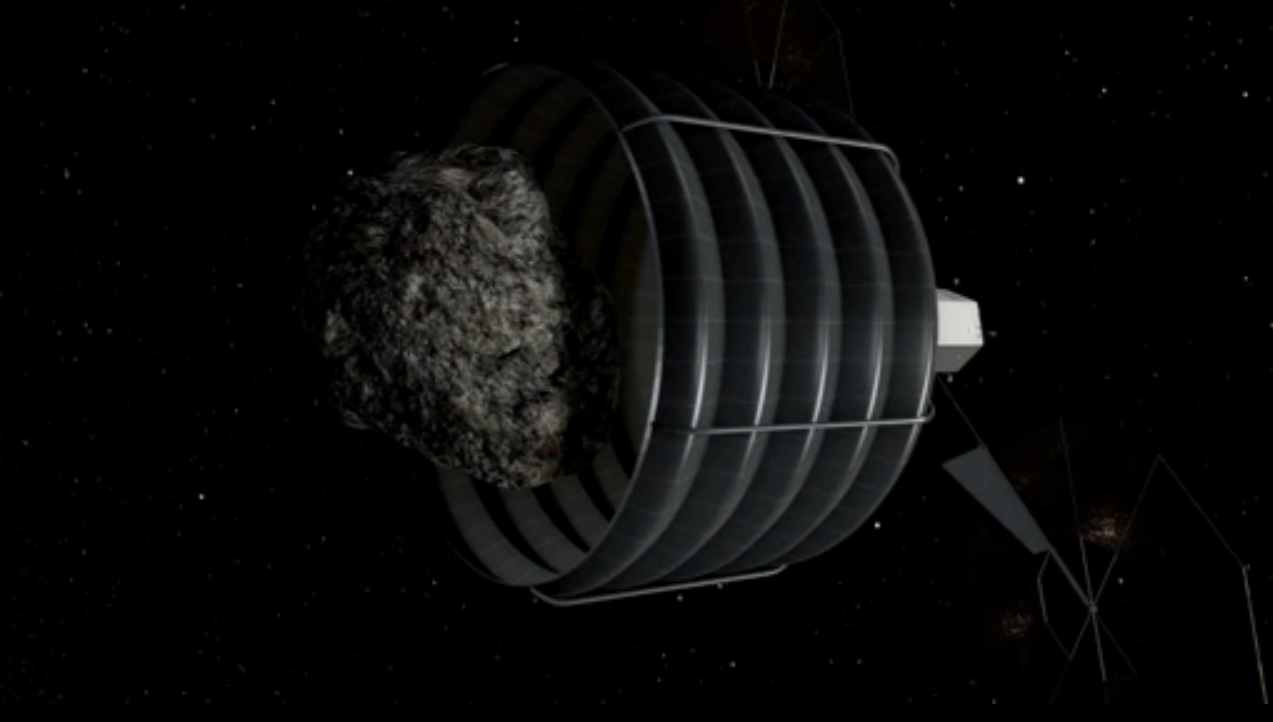Planetary Scientists Protest 'Disastrous' NASA Budget Cuts Proposed for 2014

Supporters of planetary science are rallying against NASA's proposed 2014 budget, which they say unfairly guts funding for solar system research and exploration.
The Obama administration unveiled the budget plan April 10, requesting $17.7 billion for NASA — $50 million less than the agency got in 2012. The budget must be approved by Congress before it becomes official. Under the budget proposal, planetary science would receive $1.217 billion in 2014. Discounting the $50 million earmarked for producing plutonium-238, which fuels deep space vehicles (this used to be paid for by the Department of Energy), and $20 million for asteroid detection in service of a future manned asteroid mission, this represents a $268 million cut from planetary science funding levels approved by Congress for 2013, advocates said.
"The Planetary Society has deep concerns about the continued effort to defund planetary science in NASA's 2014 budget proposal," wrote officials from the society, which was founded by astronomer Carl Sagan to promote solar-system exploration, in testimony submitted to the U.S. House of Representatives Committee on Science, Space and Technology April 24. "Without immediate investment in technology and mission development — not possible under the FY14 proposal — the United States will go 'radio dark' in almost all regions of the solar system by the end of the decade." [NASA's 2014 Space Goals Explained in Pictures]
The proposed budget would include $105 million in funds to support an asteroid-capture mission and other asteroid studies, but eliminate a planned robotic mission to Jupiter's intriguing moon Europa, which harbors an ocean buried beneath its icy surface that may support microbial life. And current missions, such as NASA's Cassini spacecraft orbiting Saturn and the Messenger orbiter around Mercury, may come to premature ends.
Bill Nye, chief executive officer of the Planetary Society, called the budget "shortsighted and disastrous" in a letter urging supporters to write their Congressional representatives in support of planetary science. The organization aims to send 25,000 messages to Capitol Hill by April 28.
A group of lawmakers also joined in the campaign, penning a letter to NASA administrator Charles Bolden on April 19 asking that he and the Obama administration rethink their 2013 NASA budget, which is still unfinalized.
"We write to express opposition to any Fiscal Year 2013 NASA Operating Plan that disproportionately applies sequester and across-the-board cuts to the science budget," wrote Representative Adam Schiff (D-CA) and Senator Dianne Feinstein (D-CA) in a letter signed by Senator Barbara Boxer (D-CA) and Representative John Culberson (R-TX). "While we fully understand that the funding levels enumerated in the bill and report are subject to change to reflect the across the board and sequester cuts, we expect that the balance among programs will remain consistent with the structure directed by Congress."
Get the Space.com Newsletter
Breaking space news, the latest updates on rocket launches, skywatching events and more!
Follow Clara Moskowitz on Twitter and Google+. Follow us @Spacedotcom, Facebook and Google+. Original article on SPACE.com.
Join our Space Forums to keep talking space on the latest missions, night sky and more! And if you have a news tip, correction or comment, let us know at: community@space.com.

Clara Moskowitz is a science and space writer who joined the Space.com team in 2008 and served as Assistant Managing Editor from 2011 to 2013. Clara has a bachelor's degree in astronomy and physics from Wesleyan University, and a graduate certificate in science writing from the University of California, Santa Cruz. She covers everything from astronomy to human spaceflight and once aced a NASTAR suborbital spaceflight training program for space missions. Clara is currently Associate Editor of Scientific American. To see her latest project is, follow Clara on Twitter.









